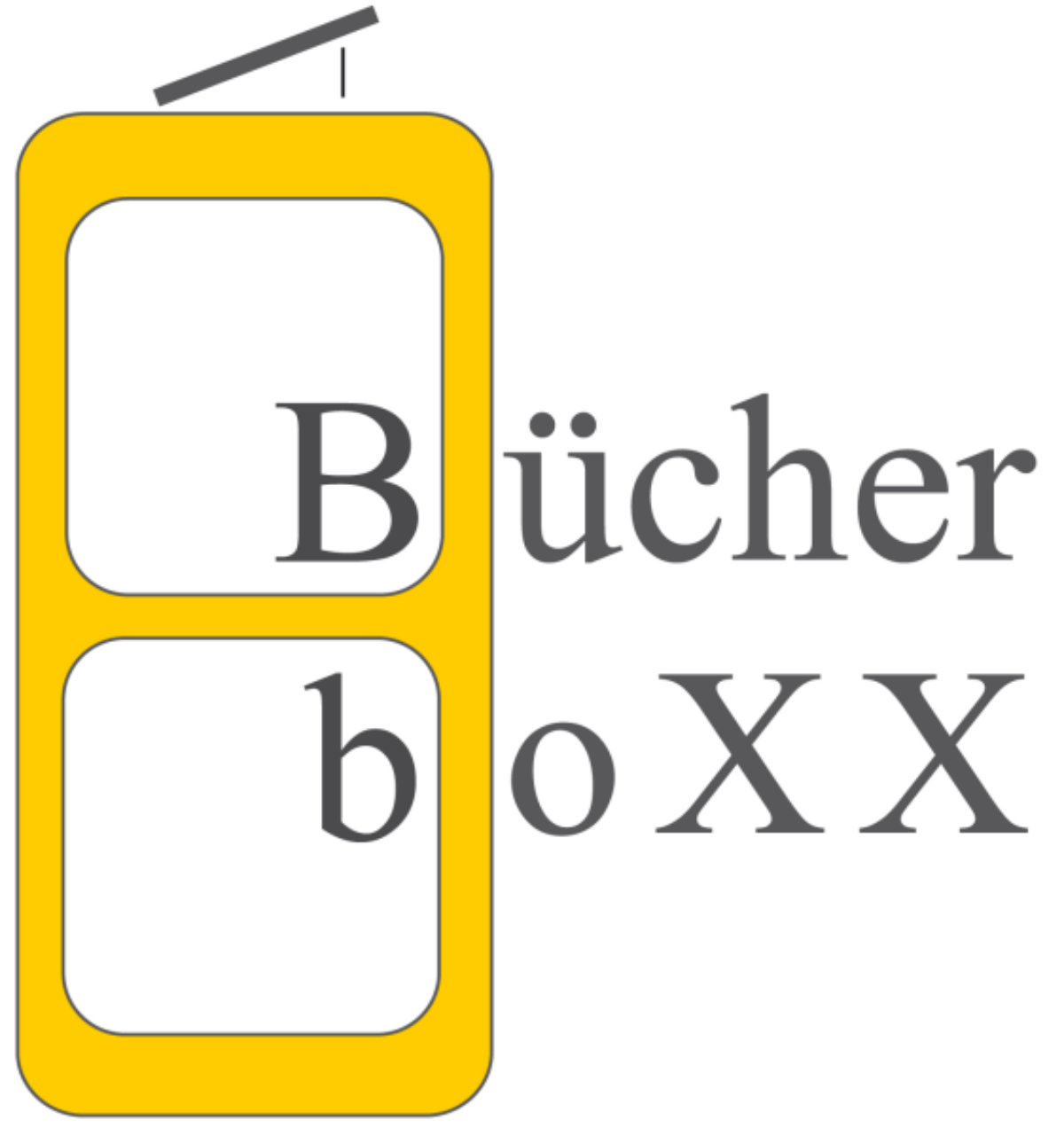The book
The library is one of the seven sustainability wonders of the world, and so is the book (Alan Durning). So the book, the good old book, is the sustainability core of the entire project. It is at the end of the value chain and at the same time in the center. The book carries knowledge, stories and history, ideas and thoughts. It can be read over and over again, similar to renewable energy. Access to the book is provided by the libraries, among others, and then it only has to be read or read out. The book does not need any energy other than the energy to read – and of course to write. We have taken up another aspect of sustainability in the project: the free, decentralized distribution of books in a civil society responsibility and the preservation of books from disposal. In the street library on the corner, the book remains visible and part of the collective consciousness. By swapping the books in an uncomplicated way, an ancient basic principle of sustainability becomes recognizable: simplicity. The theoretical concept of a new economy of sharing can be experienced and transferred to other areas of life and the economy.
With the growth of electronic media, the emergence of e-books and the loss of reading skills, books are coming under culturally and economically pressure, even though approx. New releases come onto the market. At the same time, classic, advice-intensive bookstores are disappearing in favor of Amazon, city libraries and book buses are struggling to survive.
At the same time, we have seen the phenomenon of a growing glut of old books in these years: the children do not know what to do with their parents’ books and libraries. In many cases, these books end up in the waste disposal service at Wohnugsolutions. The book boxes therefore also fulfill a function of redistributing and protecting the books from destruction.
In the “Sustainable BücherboXX” project, we are now combining books as the traditional and still most important cultural institution with “vocational training”. Konrad Kutt explains in his contribution “Cultural Education for Sustainable Development as a Cross-Sectional Task of Vocational Education” reasons and challenges on this topic. In: Cultural Education. No. 09, 2012 (BKJ)

